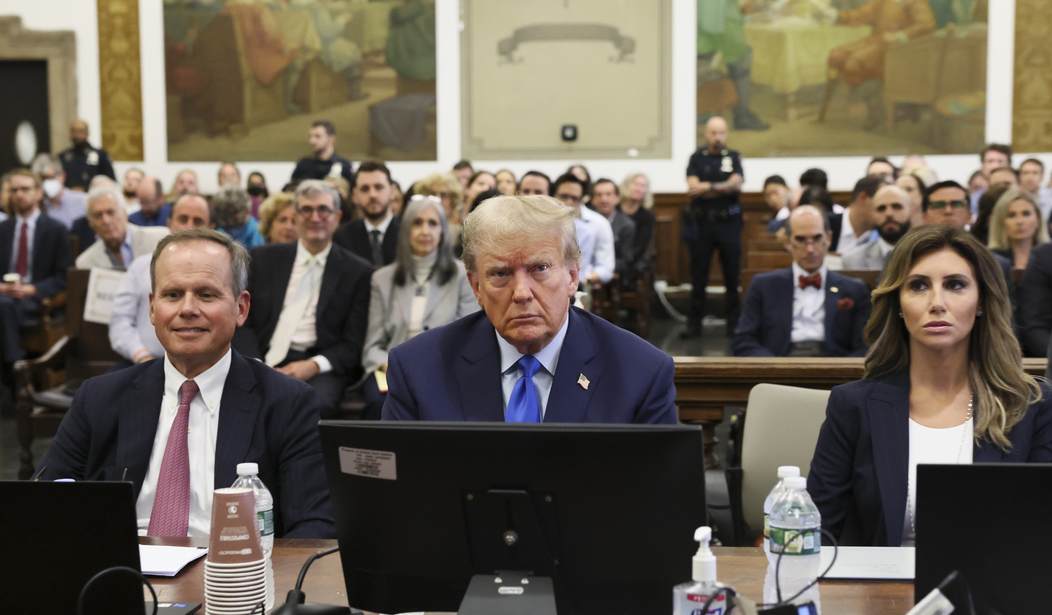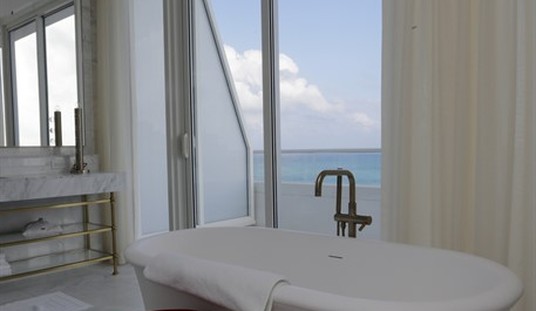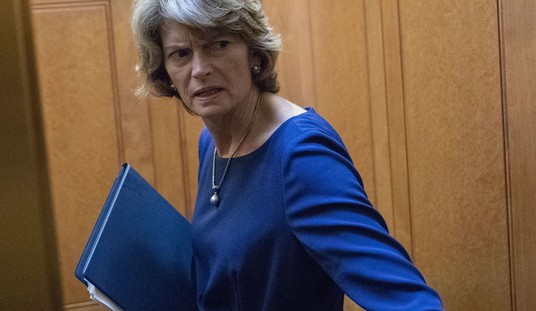On Friday, Judge Robert R. Reed of the Supreme Court of the State of New York ordered former President Donald Trump to pay almost $400,000 in legal fees to the New York Times, and co-defendants Mary L. Trump, Susanne Craig, David Barstow, Russell Buettner, and several others. The case was dismissed on May 3rd, 2023, and involved a 2018 investigation by the Times reporters into Trump's finances.
Trump sued the Times and the reporters over a 2018 investigation into his finances and taxes that was based in part on confidential tax records. The resulting series of articles won a Pulitzer Prize, the most prestigious award in American journalism, in the category of explanatory reporting.
Among those articles was one titled, “Trump Engaged in Suspect Tax Schemes as He Reaped Riches from His Father.”
Times spokeswoman Danielle Rhoades Ha, in a statement to CNBC, said the order for legal costs issued in Manhattan Supreme Court “shows that the state’s newly amended anti-SLAPP statute can be a powerful force for protecting press freedom.”
The full decision may be viewed here.
One of the defendants, Susanne Craig, went to X/Twitter to describe the history of events from her perspective:
This just happened: A New York State judge has ordered Donald Trump to pay The New York Times $392,638.69 for legal fees connected to a frivolous lawsuit he brought against the paper, two of my colleagues and me.👍https://t.co/17TJesOEn5
— Susanne Craig (@susannecraig) January 12, 2024
This decision comes as Donald Trump is heavily engaged in campaigning for a second, non-consecutive term as President.
See Related: Rasmussen: Trump Holds 8-Point Lead Over Biden; DeSantis Would Beat President but Haley Would Fall Short
Trump Nails Biden With Humorous Video - and Trumps Him on Policy, As Well
The original case was dismissed on First Amendment grounds:
Judge Robert Reed tossed out Trump’s suit against the Times and its journalists in May, saying that his claims “fail as a matter of constitutional law.”
“Courts have long recognized that reporters are entitled to engage in legal and ordinary news-gathering activities without fear of tort liability — as these actions are at the very core of protected first amendment activity,” Reed wrote.
On the surface, it would appear that Judge Reed is employing the English rule for the assessment of legal fees, which rule holds that the loser in a lawsuit pays all legal expenses, and which is often cited as a means to reduce the filing of frivolous lawsuits. (By contrast, under the American rule all parties are responsible for their own legal expenses.) Alaska, incidentally, is an exception to this practice, as Alaskan courts apply a version of the English rule for tort cases. However, there are also statutory and contractual exceptions to the American rule, as well as court-ordered exceptions, especially in the event of misconduct.
Whatever one thinks of the particulars of this case or the parties involved, the application of the English rule for American tort cases would certainly ratchet up the possible consequences for parties filing frivolous lawsuits.
As of this writing, there has been no response from the former President's legal team.















Join the conversation as a VIP Member